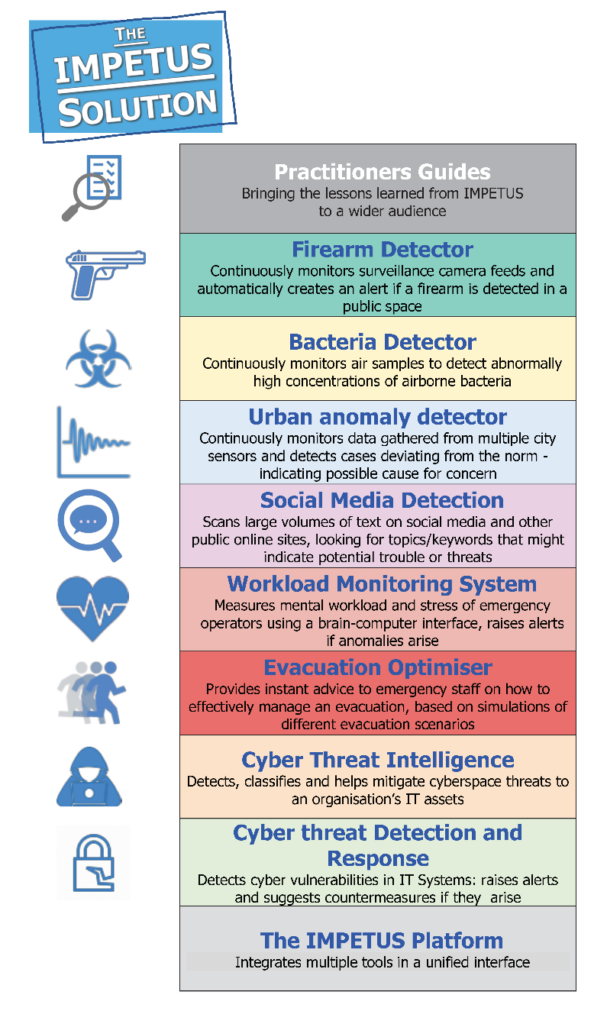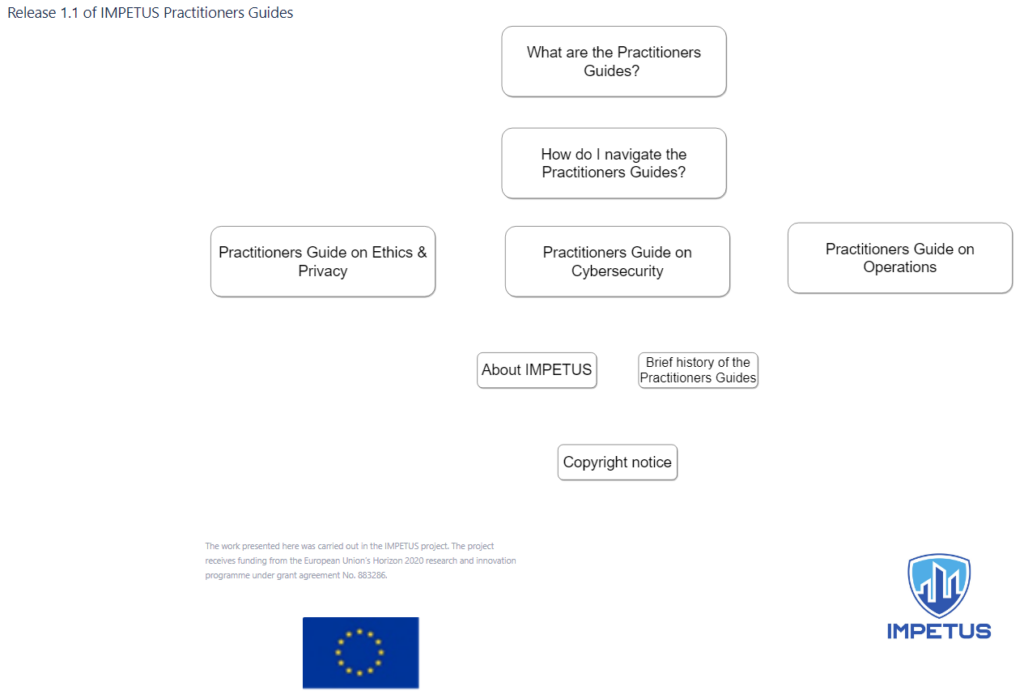A balance between surveillance and protection
These simulations also enabled the researchers to take stock of the data collected by each tool, and their compliance with the legal and technical framework. “Today, as soon as a new technology emerges, we need to consider the ethical consequences of its implementation. It is essential to create or upgrade our tools with technological building blocks that comply with the legal constraints in terms of ethics and privacy,” stresses Nesrine Kaaniche, a researcher at Télécom SudParis who oversaw a cross-functional working group focusing on the identification and management of risks linked to the collection of personal data by IMPETUS tools.
“Right at the start of the project, we identified the tools processing sensitive data and the regulations that might apply to them,” adds the researcher. All the technologies used by IMPETUS were therefore subject to a Privacy Impact Assessment (PIA), a best practice validated by the European Union Agency for Cybersecurity (ENISA), to ensure that private information would be consistently treated with respect.
The data collected by certain tools, such as the firearm detector based on connected cameras, is certainly sensitive: “These cameras are constantly filming, but we have ensured that the images are only consulted and stored when a firearm is detected,” maintains Nesrine Kaaniche. “Similarly, for the social media detection tool, identifying data is anonymized and stored in encrypted form.” In the light of her work on this cross-disciplinary subject, the researcher was consulted throughout the project by the consortium members in charge of developing a specific tool: “Thanks to this, we were in more of a validation phase than a compliance phase at the time of the simulations. In the end, all the tools met the required standards.”
A complementary information and awareness-raising platform
Convinced by the work carried out on ethical and privacy issues, the IMPETUS Scientific and Technical Coordinator asked Télécom SudParis to conduct similar analyses on the cybersecurity and operational aspects of the tools during the course of the project. The results of this work have been published in the form of a practical online guide, called Practitioners Guides, intended for IMPETUS platform users (operational staff, politicians, etc.). “SINTEF [editor’s note: the project’s coordinating organization] came up with the idea of an online platform to accommodate all of the project’s results. The project partners could enter the information themselves, and we took over the coordination,” explains Joaquin Garcia-Alfaro, a researcher at Télécom SudParis who oversaw the Practitioners Guides.








